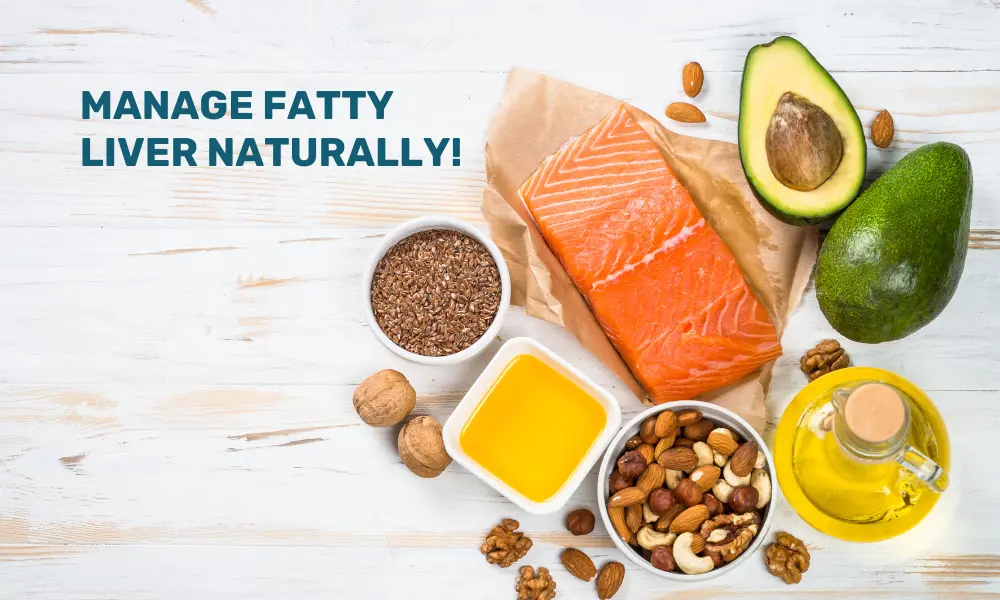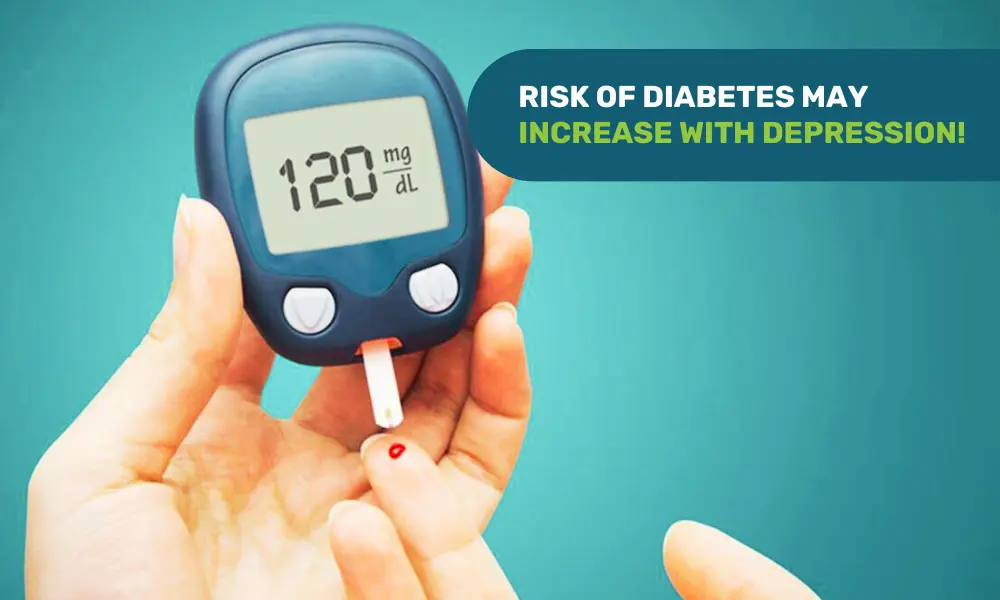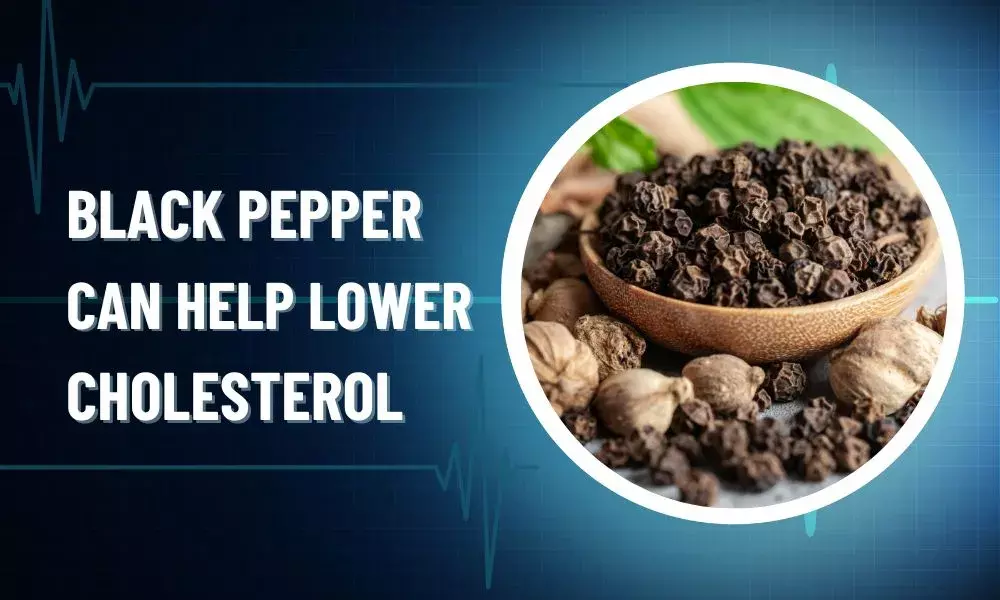Fatty liver disease is a condition in which excess fat accumulates in the liver. If fat persistently builds up in the liver over time, it can lead to inflammation, which can damage your liver and create scarring. If left untreated in early stages, the condition can eventually advance to liver cirrhosis, scarring of the liver, and liver cancer. In some cases, patients may need to undergo a liver transplant procedure owing to severe liver damage.
The good news is that fatty liver is largely reversible through dietary and lifestyle changes.
Causes of Fatty Liver
Sedentary lifestyle: Individuals especially those with 8-9 hours of desk jobs or sedentary hobbies (spending a lot of time on smartphones and watching TV), may not engage in enough exercise to maintain a healthy metabolism. Lack of physical activity is the key factor causing fatty liver disease, as it leads to unnecessary body weight gain. Excess body weight is associated with fatty liver.
Poor dietary choices: Individuals often indulge in a diet high in saturated fats, low fibre, processed foods, sugars, and excessive calories, which leads to the accumulation of fat in liver cells, causing fatty liver disease. Excess intake of Fast food and sugary beverages can exacerbate the condition.
Obesity: Sedentary lifestyle (less physical activity), poor dietary habits are causing excess body weight gain among young adults. Abdominal obesity increases the risk of fatty liver disease. Young individuals with obesity or overweight are more susceptible to developing fatty liver.
Nine Ways to Reverse Fatty Liver
1. Control blood sugar and insulin levels
High insulin resistance is a key feature of fatty liver, and if you can manage to keep your blood sugar down with a low glycemic index diet, activity, and medications if you are diabetic or prediabetic, you can drastically improve your liver outcomes.
2. Get rid of added sugars
Items such as sugary drinks, desserts, and processed snacks typically contain high-fructose corn syrup or sugars, which the body metabolises in the liver. Eating too much sugar can lead to excessive fat accumulation. Reducing sodas, candies, and packaged sweets can reduce stress on the liver.
3. Say no to trans fats and processed foods
Packaged snacks, fried foods, and baked goods are often laced with trans fats and processed, refined carbohydrates that stimulate liver inflammation and fat storage within the liver. Choose ingredients that are whole and whole-food, minimally processed, and preferably home-cooked meals.
4. Stay active
Aerobic activities (such as walking, swimming, and biking) and resistance training (like weightlifting) will both utilize fat stores and reduce liver fat stores. Get at least 150 minutes of moderate-intensity activity a week. Exercise may also improve liver metabolism even without much weight loss.
5. Mediterranean diet
A Mediterranean diet emphasizes plants while lowing refined sugars and red meat. Include fruits, vegetables, whole grains, nuts, and legumes, as well as olive oil, in your daily diet. The Mediterranean diet helps reduce fat in the liver, and this appears to be due to the anti-inflammatory effects of the plants, even when there is no weight loss. It also helps reduce fat in the liver.
6. Avoid alcohol completely
Although NAFLD isn’t caused by alcohol, and moderate consumption isn’t thought to worsen damage, drinking can worsen liver inflammation and damage. Says Dr Mehra, “alcohol is toxic to liver cells. Eliminating it altogether gives your liver the best chance to heal.”
7. Lose weight gradually
Reducing overall body weight is one of the best ways to reduce fat in the liver. Several studies have shown that losing 7-10 percent of your body weight can significantly improve liver enzymes and reduce fat accumulation in the liver. A crash diet is not recommended because weight loss should be gradual and sustained, achieved by maintaining a balanced calorie deficit.
8. Supplementation with Vitamin E
Some clinical studies indicate that vitamin E (an antioxidant) may decrease liver inflammation and fat storage in the liver, especially in non-diabetic individuals. However, supplementation should only be done with medical supervision as high dosages of vitamin E may have side effects.
9. Omega-3 fatty
Omega-3s are found in fatty fishes (e.g., salmon, mackerel, sardines), walnuts, flaxseed, and chia seed. Omega-3 fatty acids have anti-inflammatory effects and have been shown to reduce liver fat and improve the lipid profile in individuals with NAFLD.
The liver is a regenerative organ. With the appropriate choices, individuals can restore liver function and significantly reduce fat accumulation.
Disclaimer: This article is meant for informational purposes only and must not be considered a substitute for professional advice.





